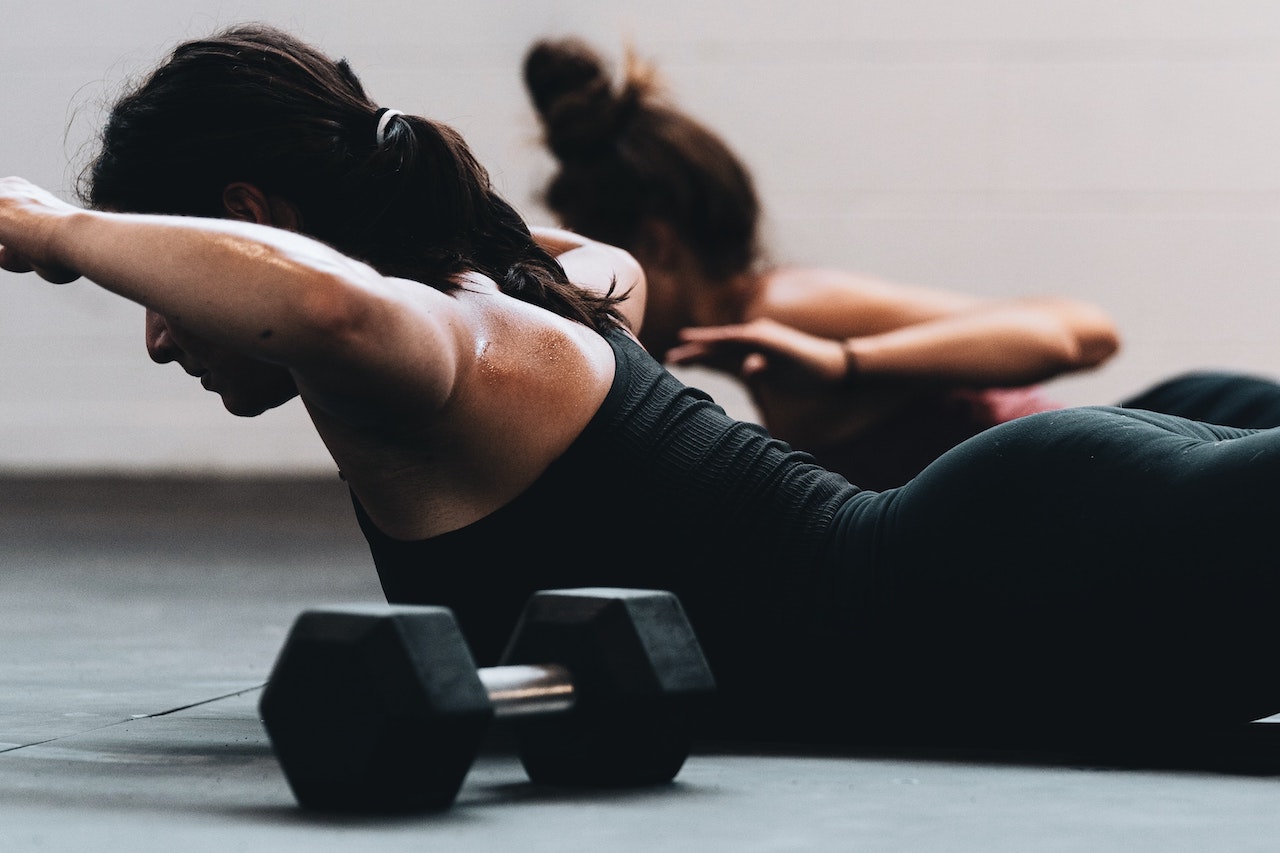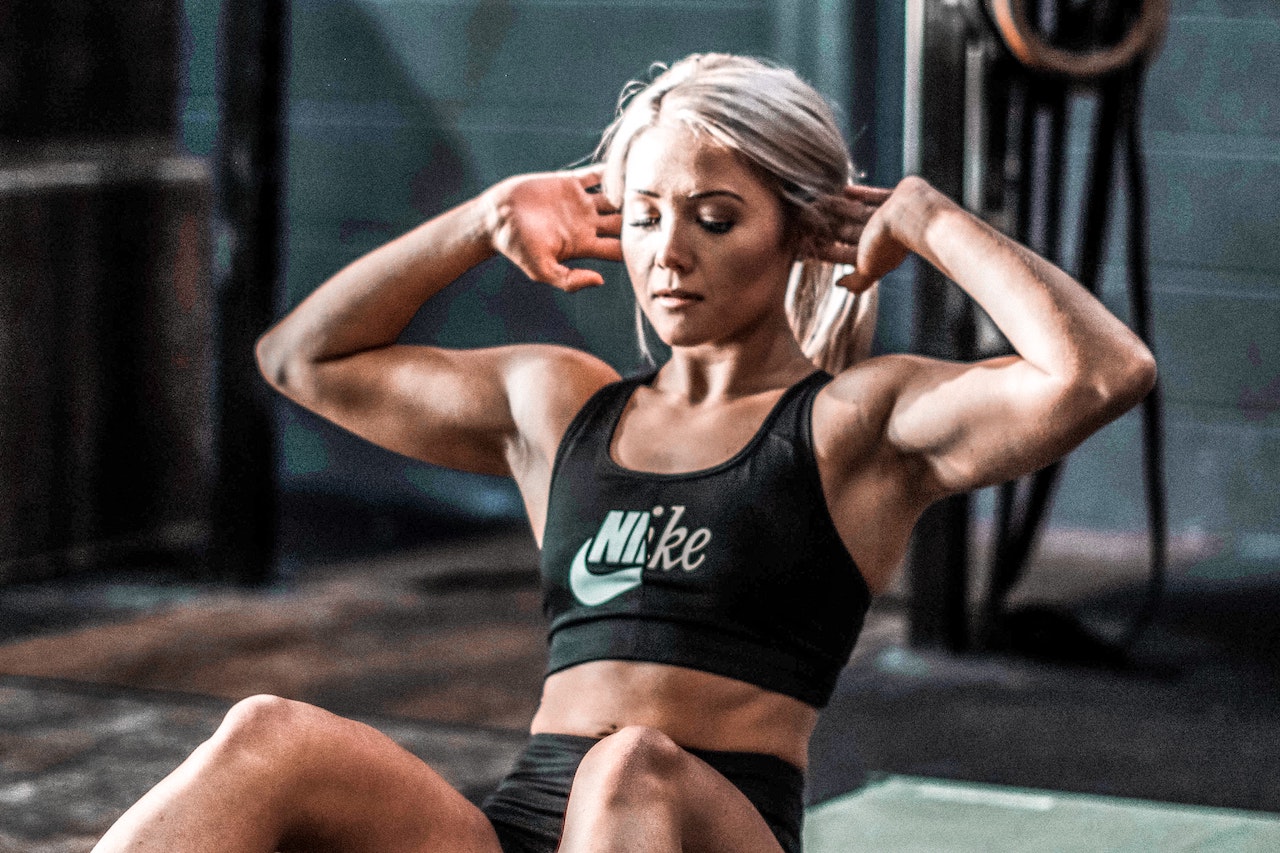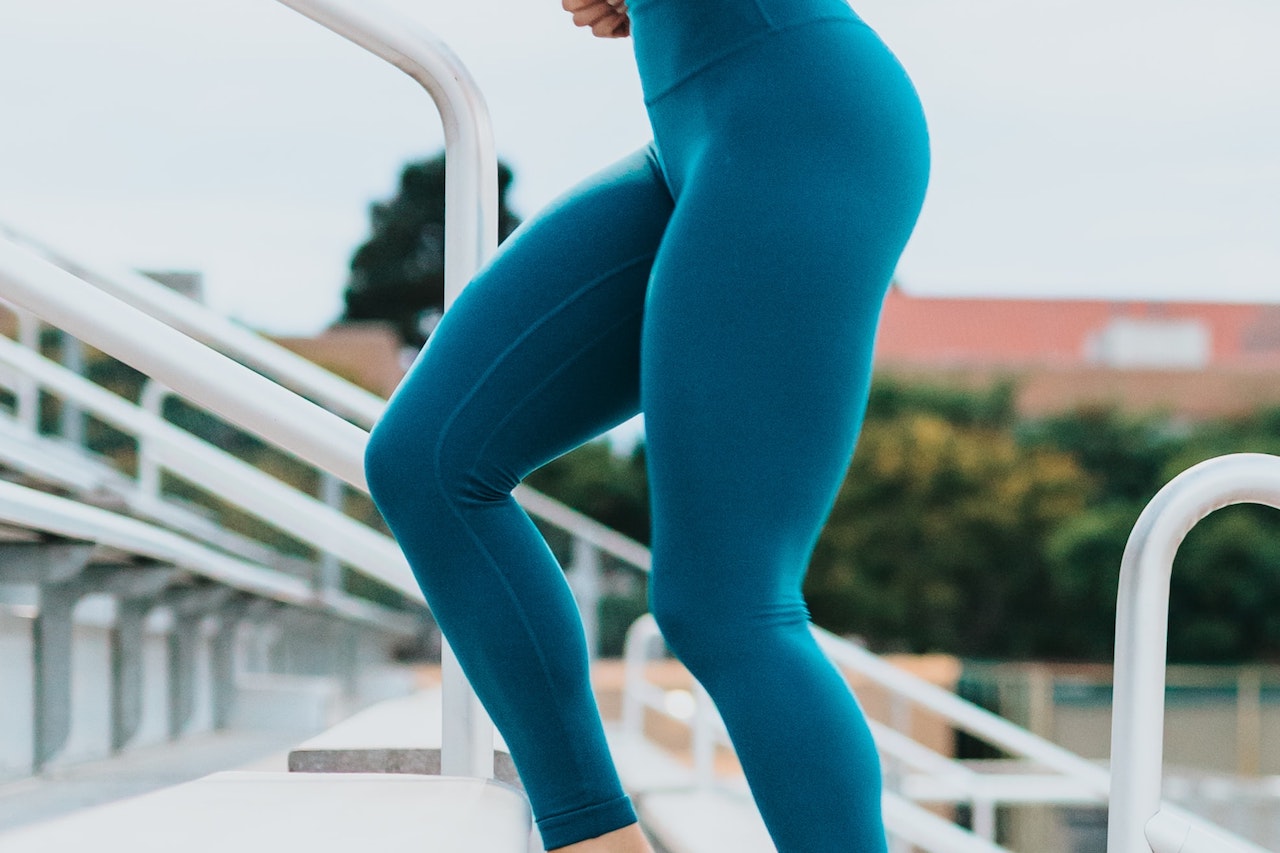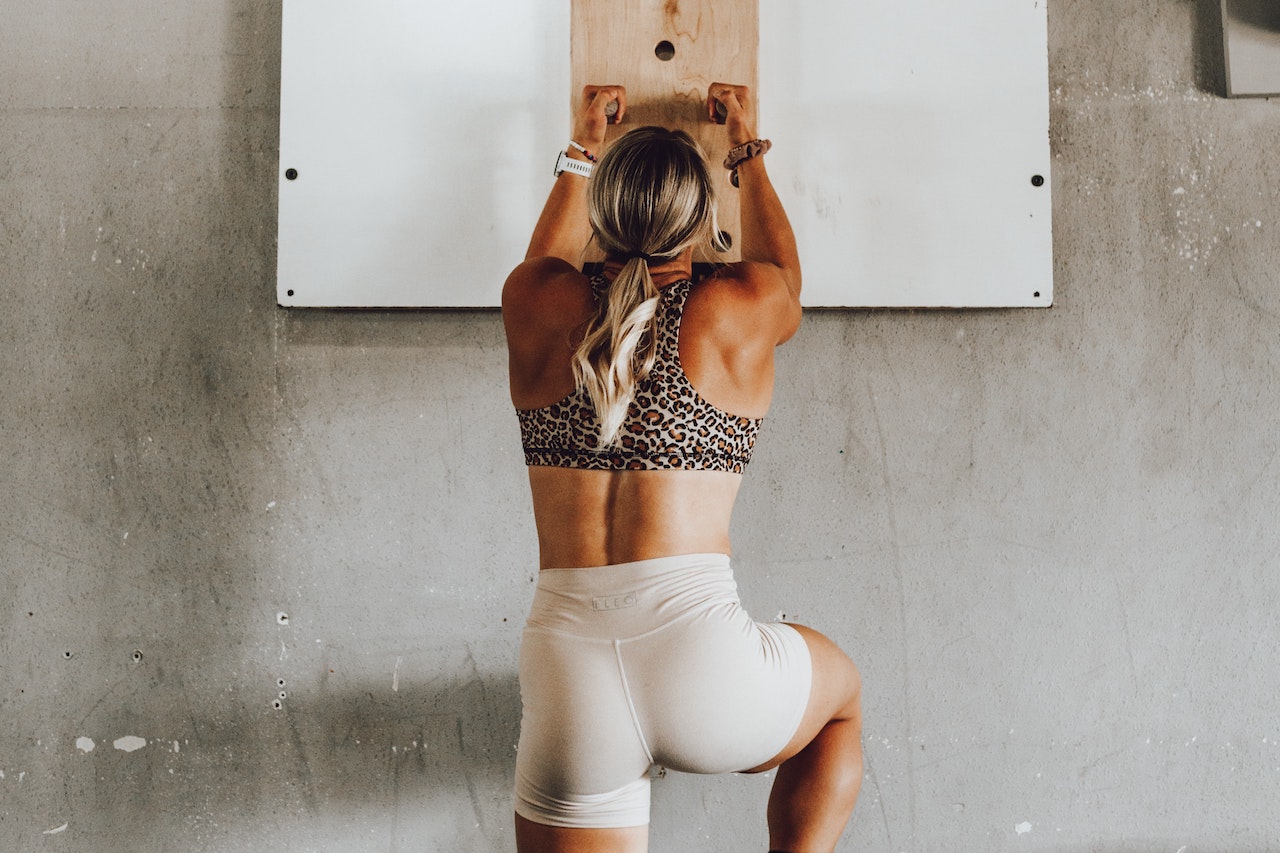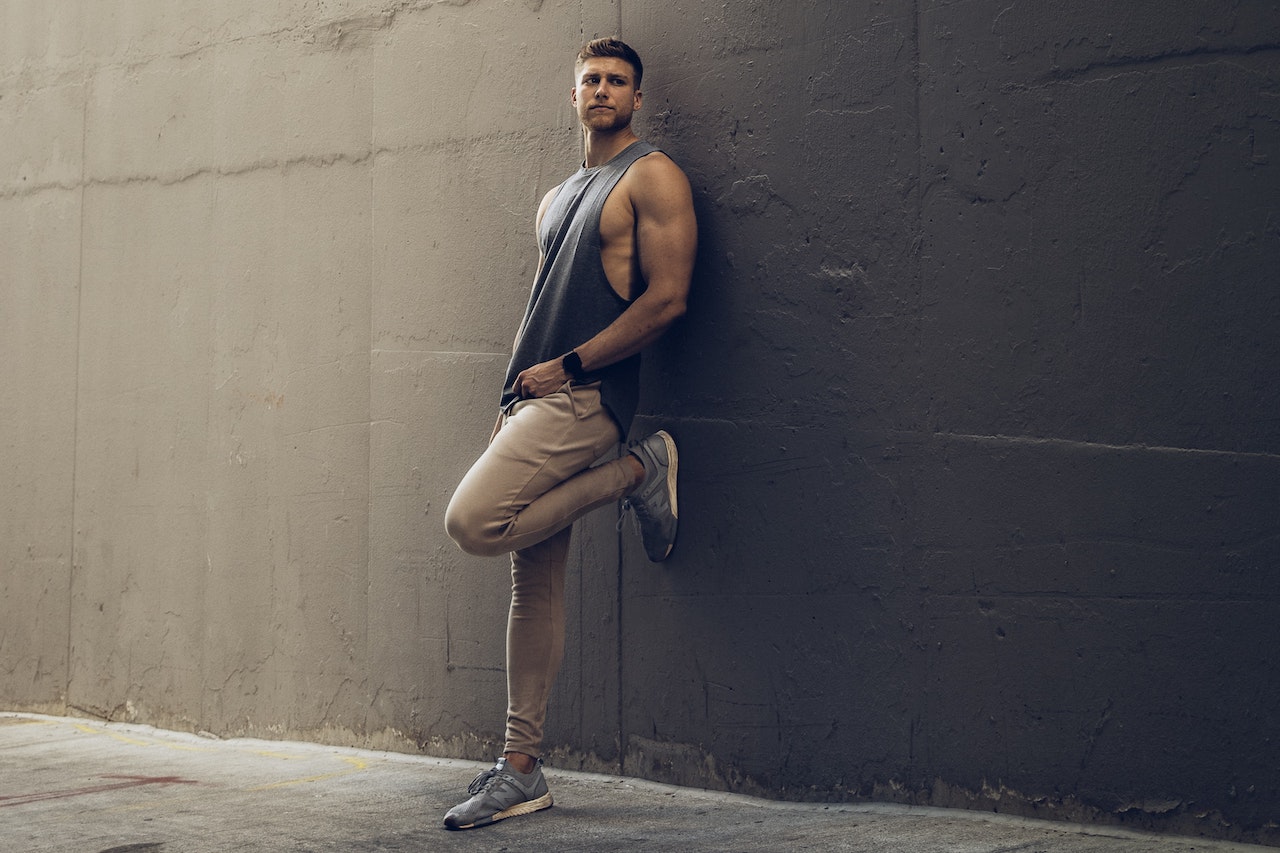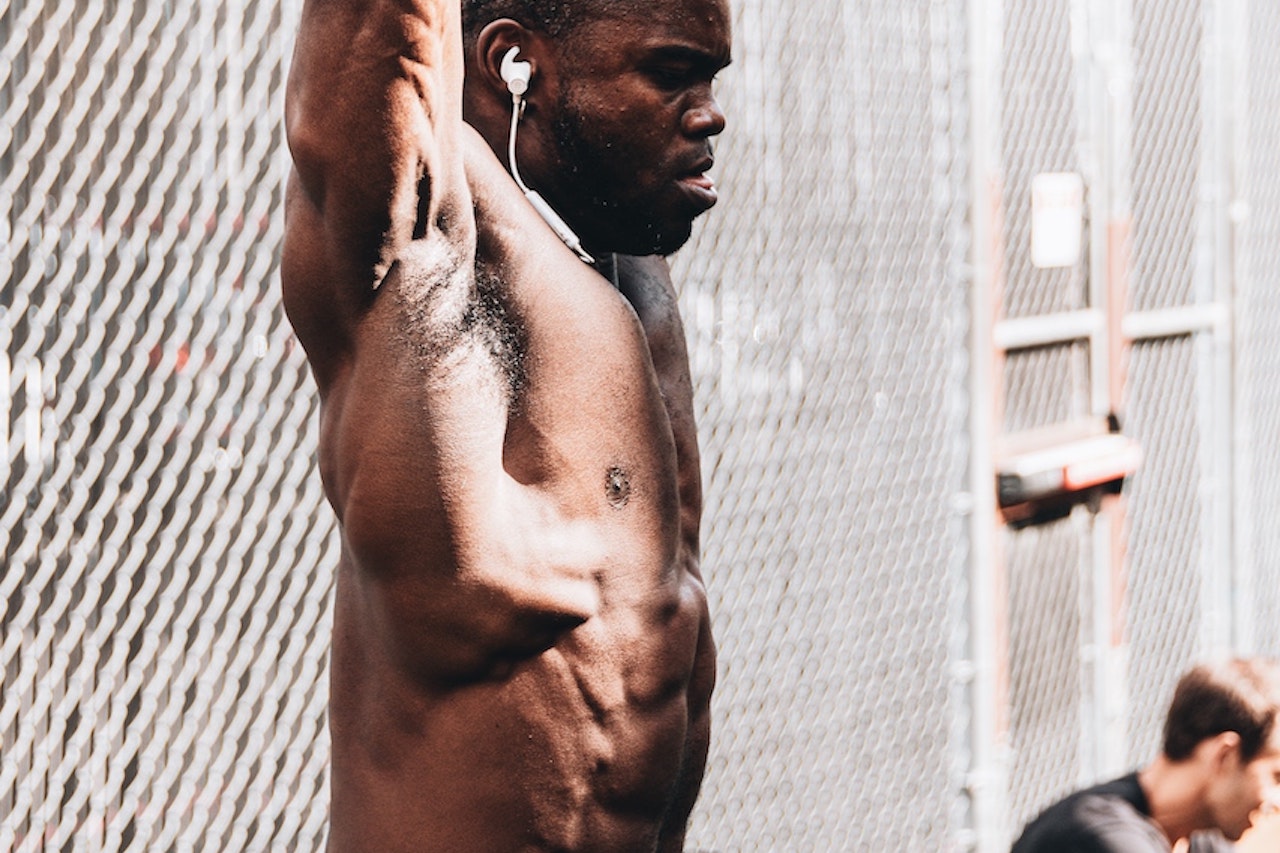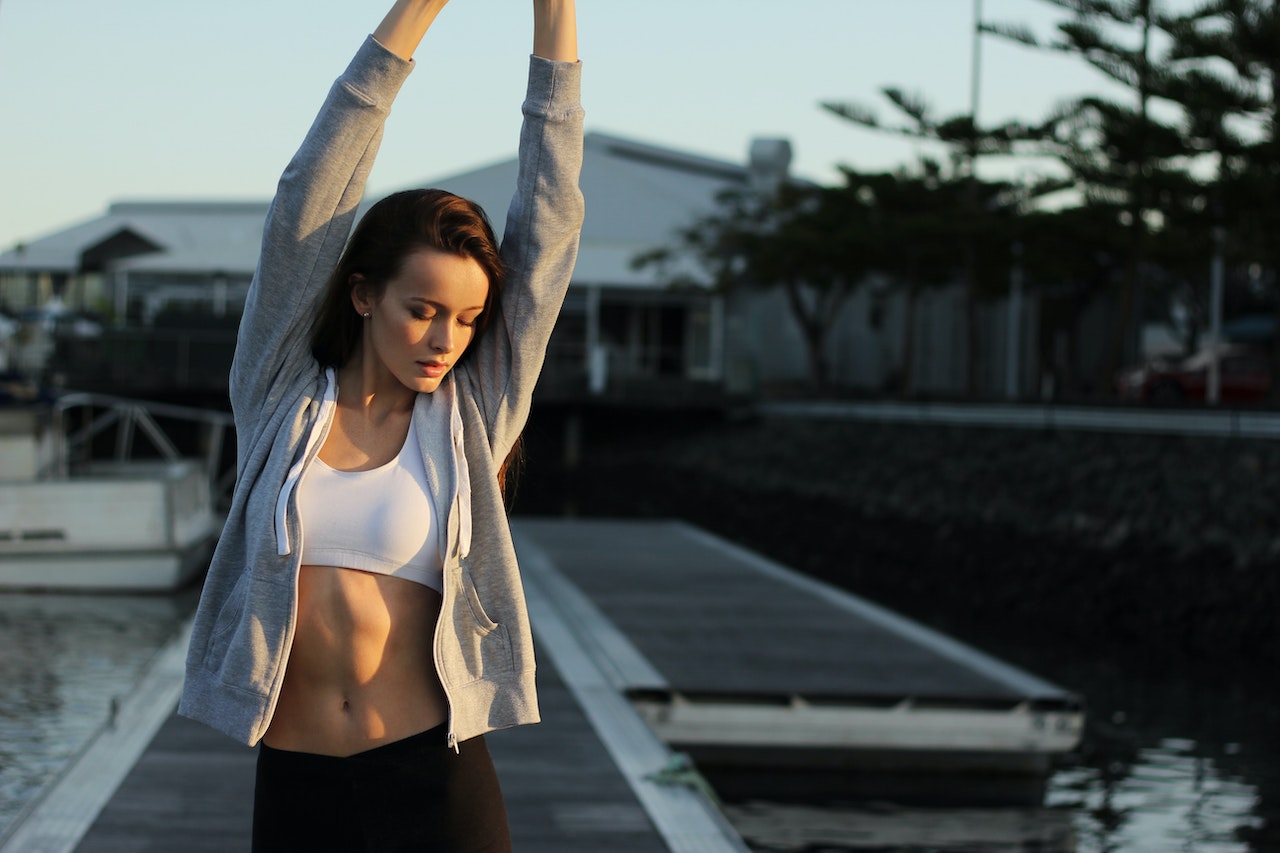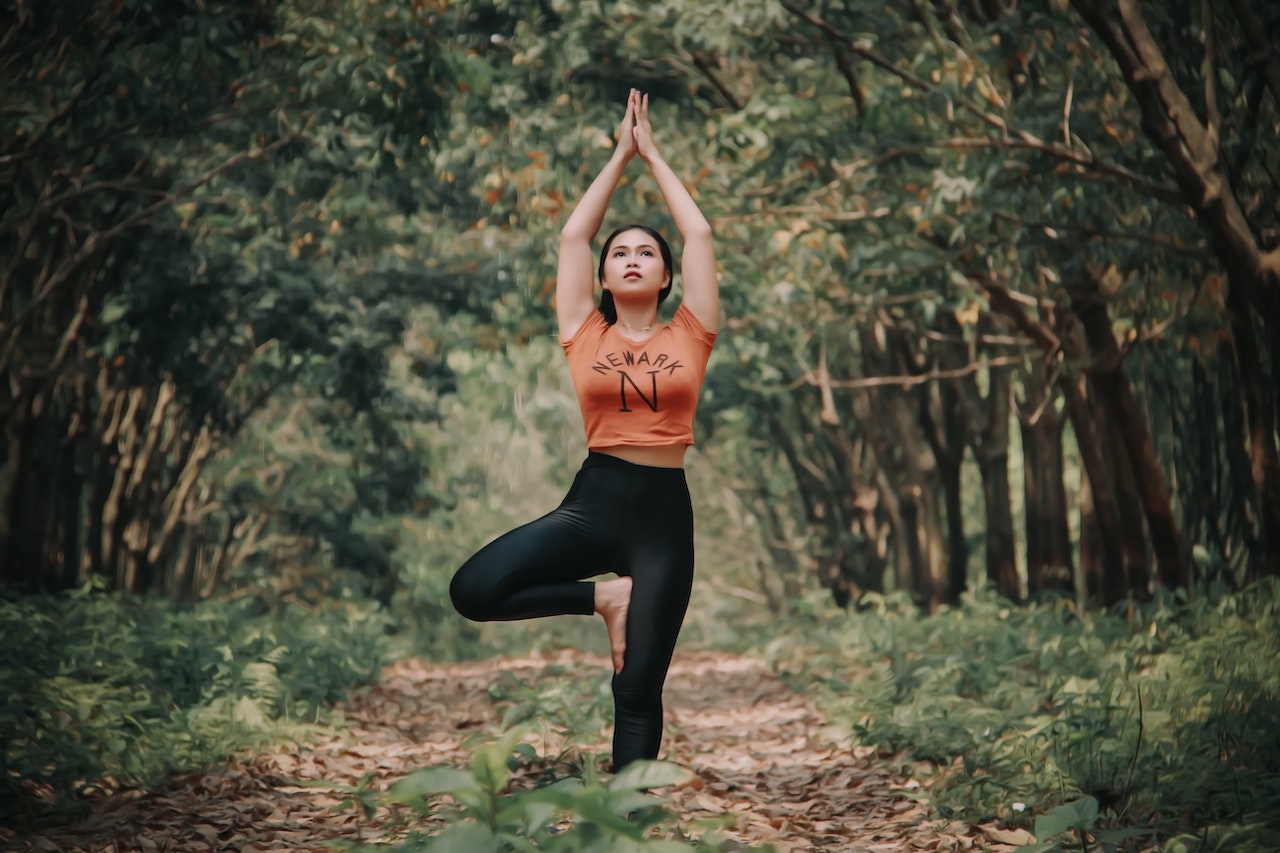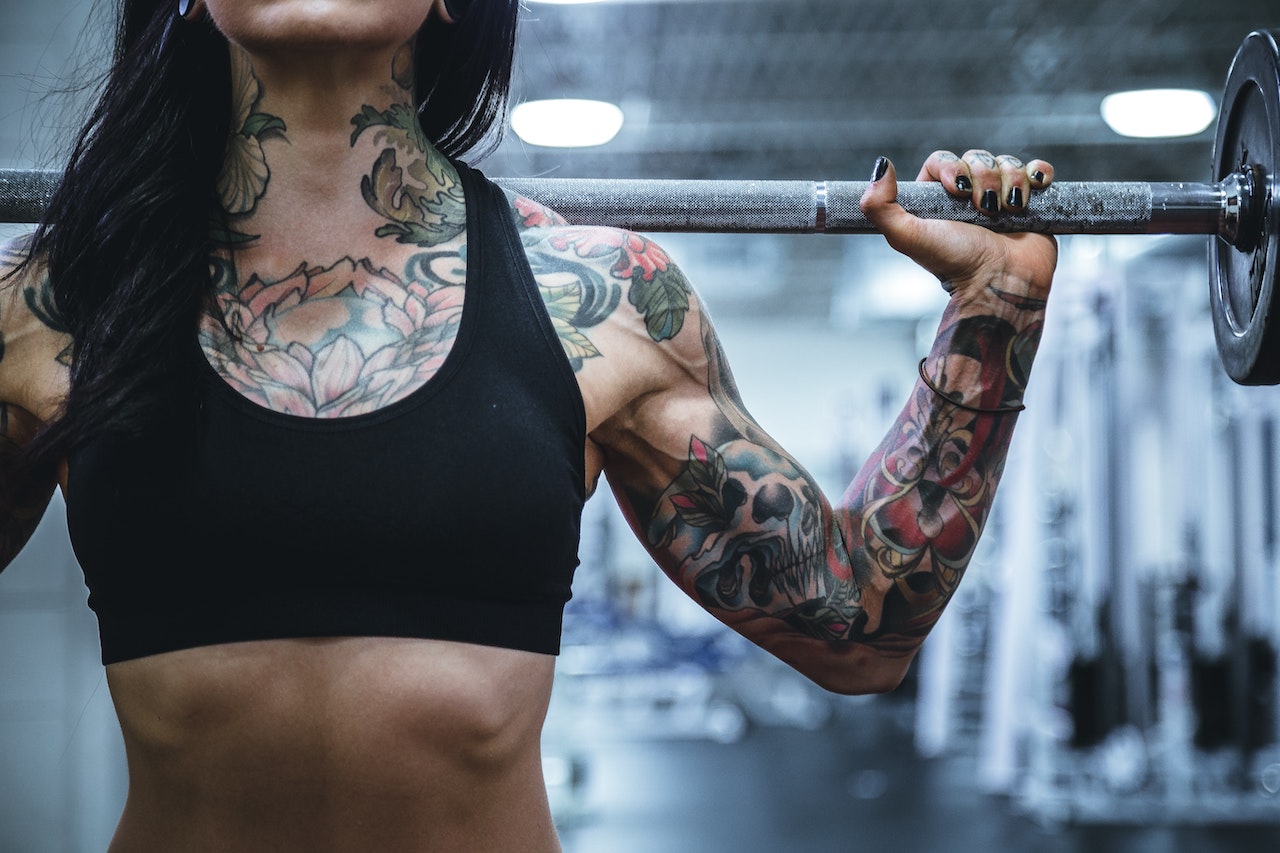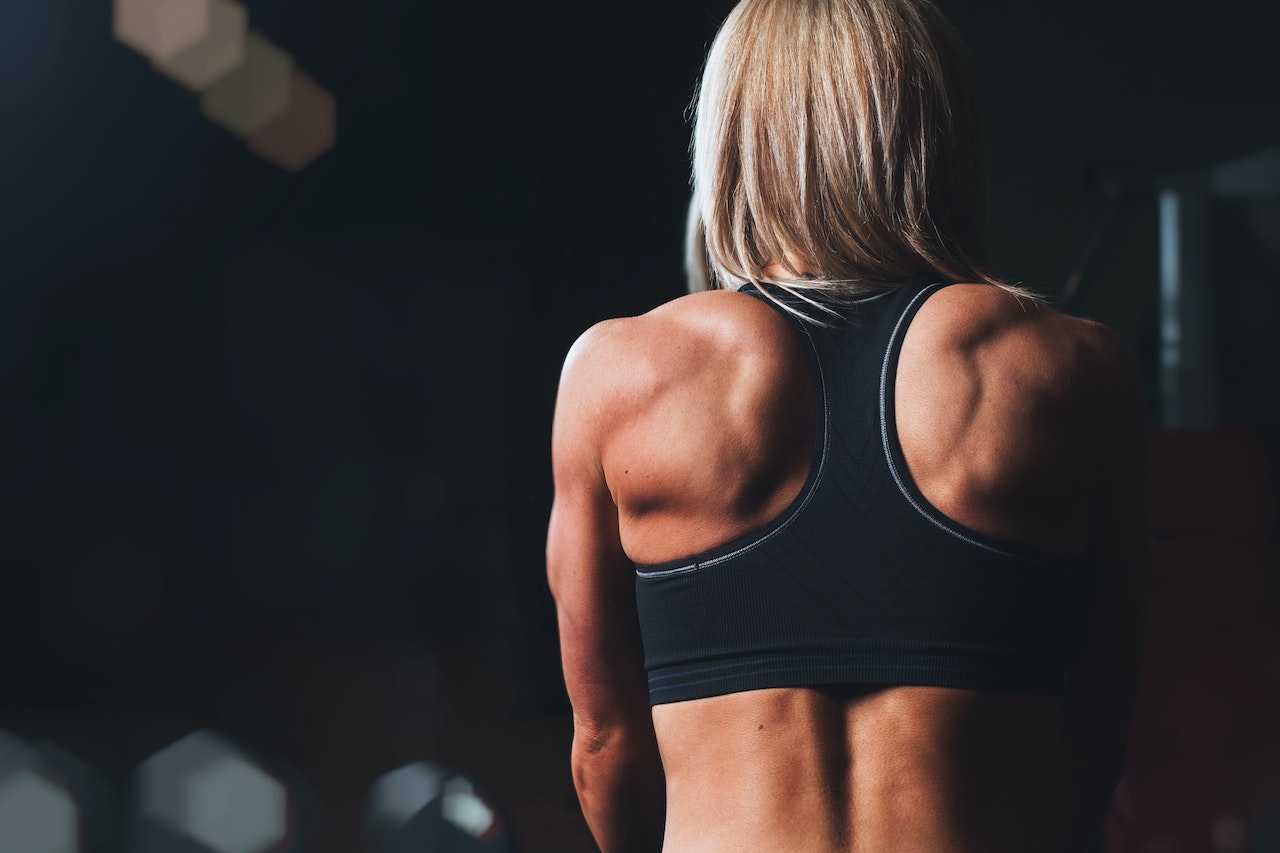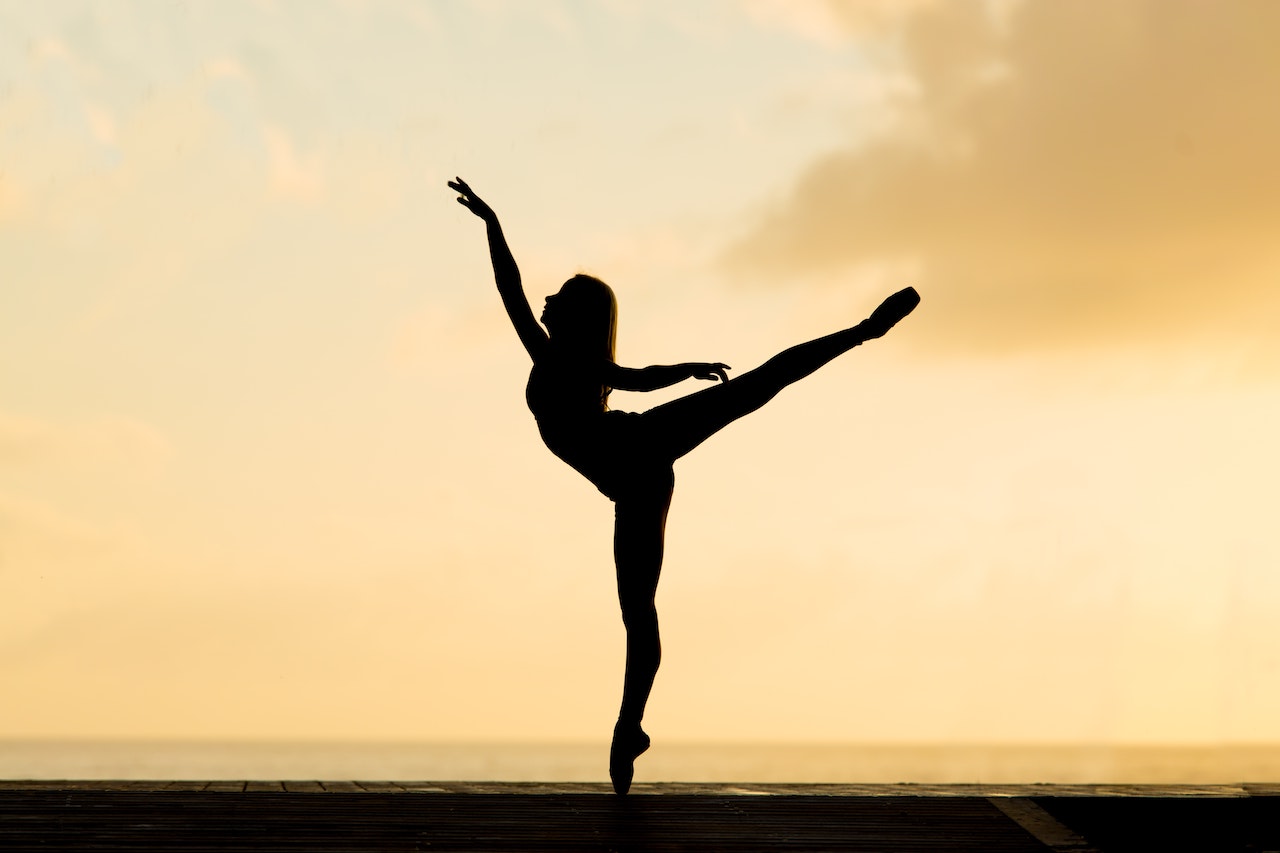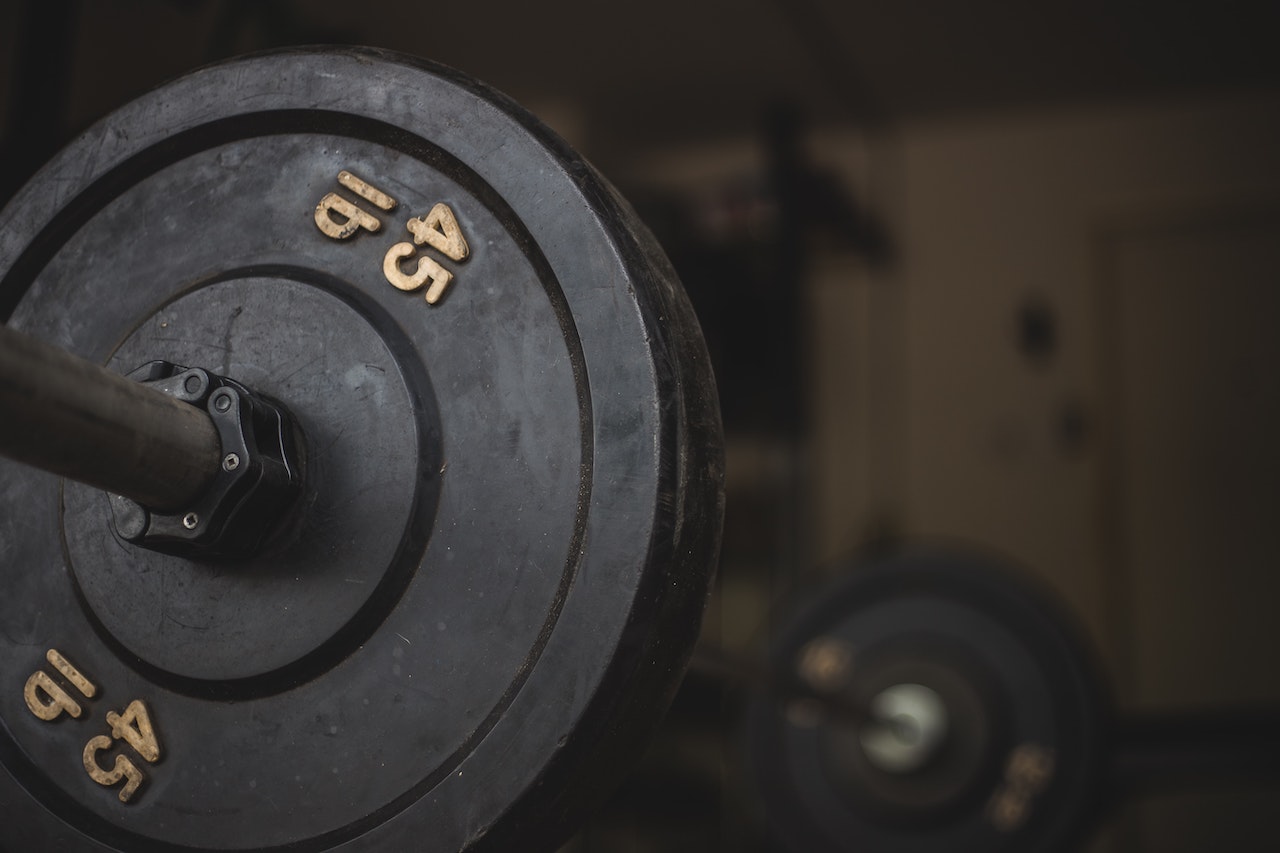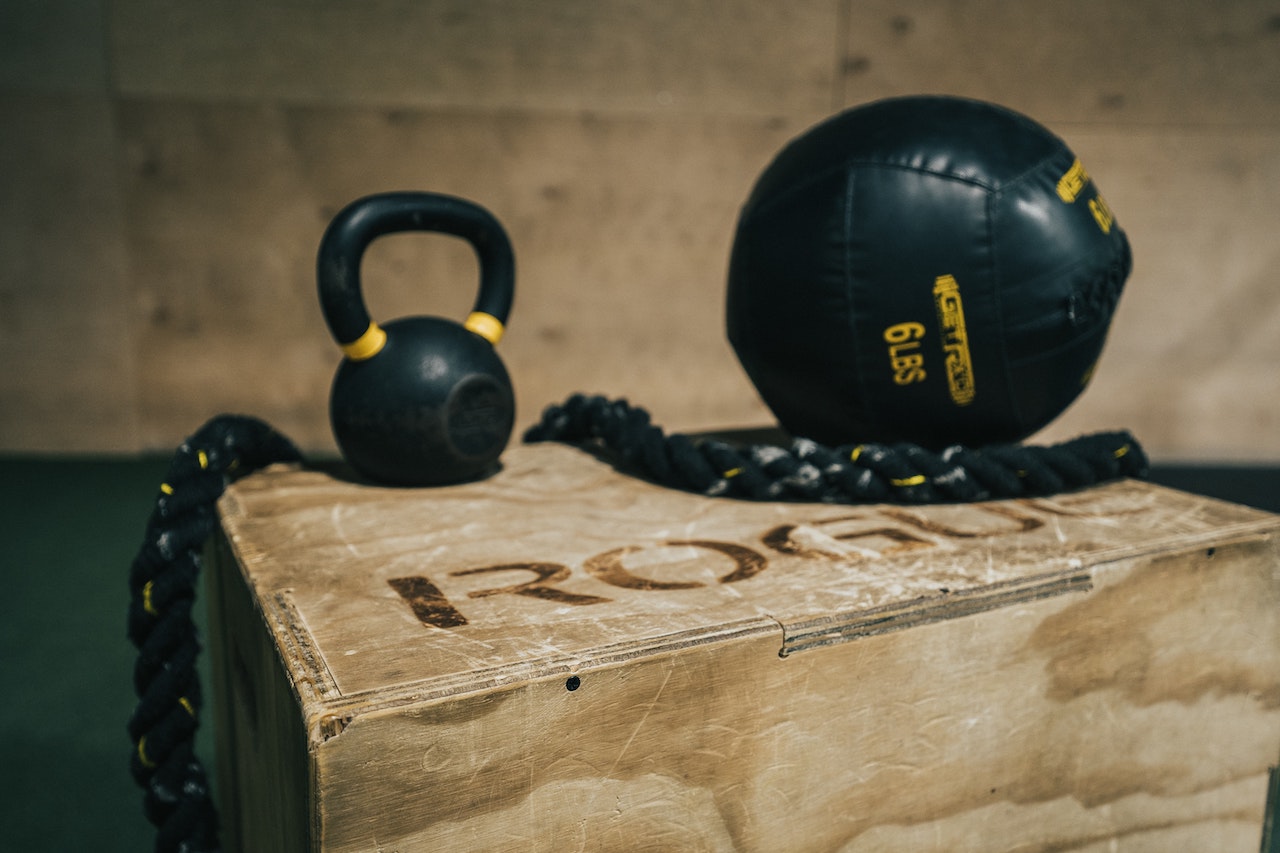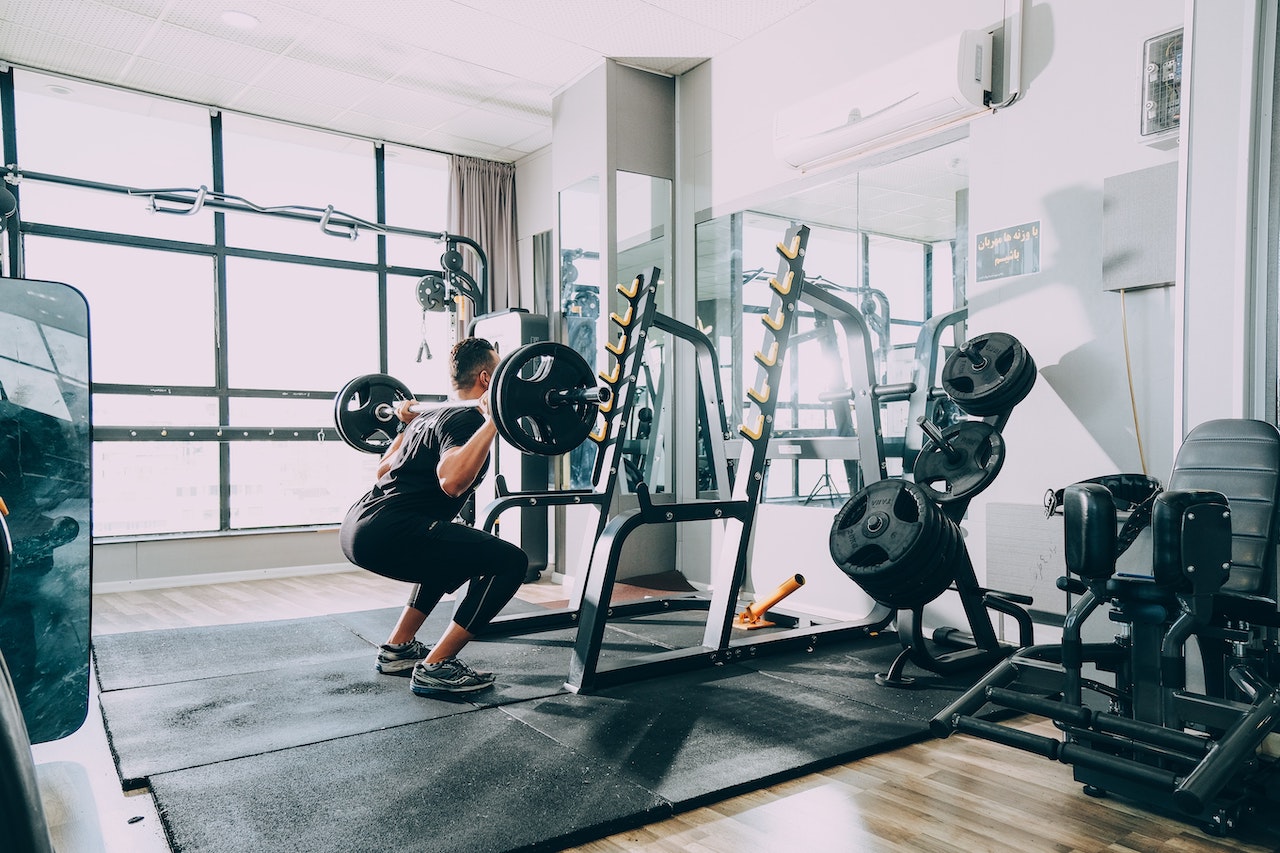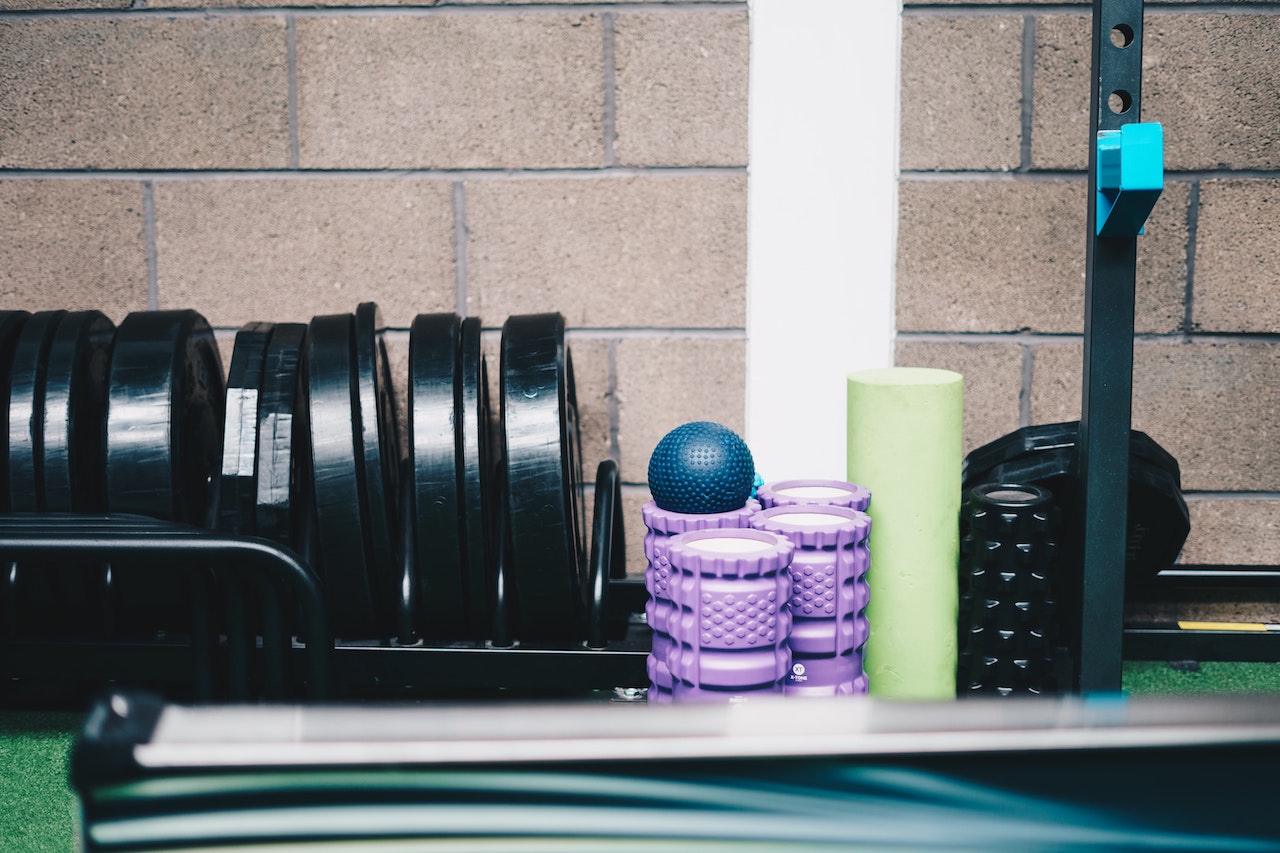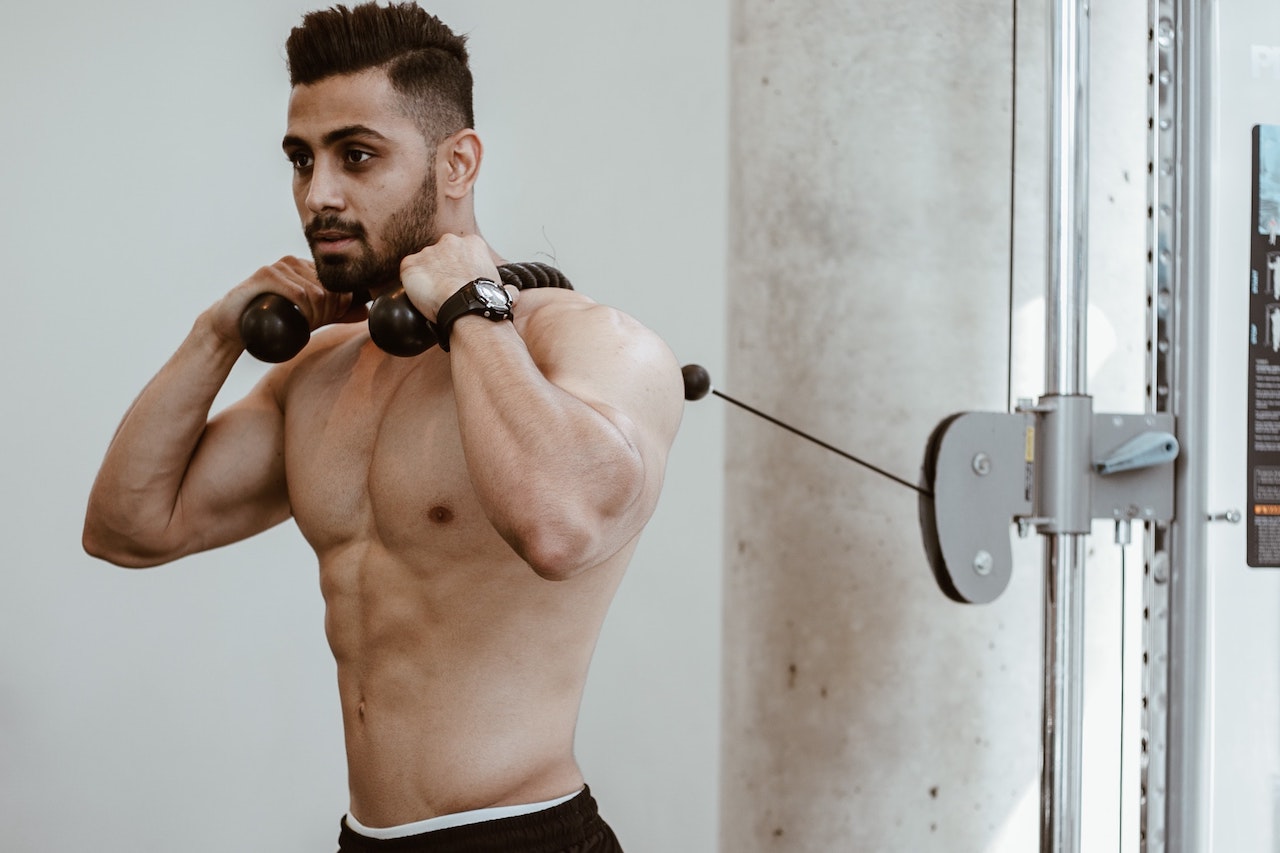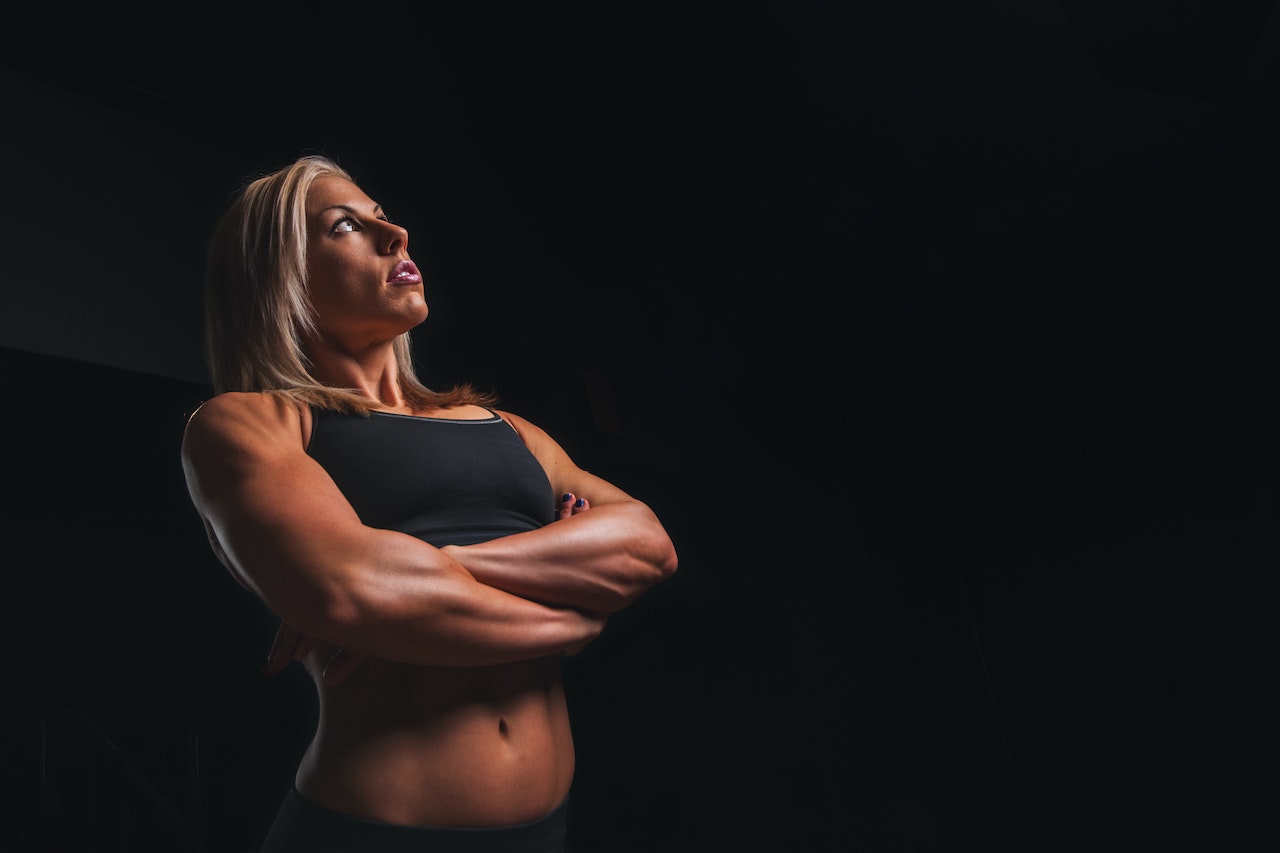when it comes to chest movements, the first movements that fitness enthusiasts come across would be push-ups, as they don't require equipment and can be practiced anywhere. When it comes to back training, the first movement we think of is the pull-up, which also requires no equipment but a horizontal bar. It is said that the pull-up is the golden movement for back training, but if there is only one golden movement, the effect is also limited and will hinder progress.
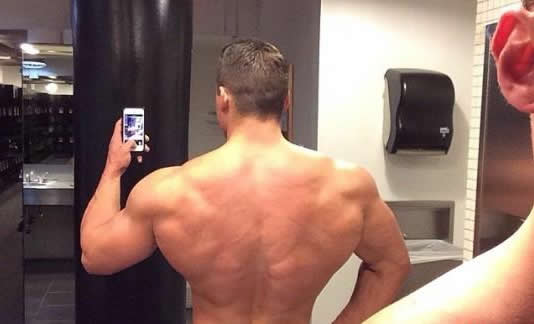
what other movements are there besides pull-ups? Today we will talk about barbell rowing. Which is better for back training, pull-ups or barbell rowing?
For back training, pull-ups and barbell rowing are both very classic movements that can effectively stimulate our back muscles, whether it's the latissimus dorsi, the rhomboids, the middle rhomboids, etc. They can both be effectively exercised.
The only thing is that the two movements are done in different planes and at different angles, for example the latissimus dorsi, the rhomboids, the rhomboids and the posterior deltoid, so the proportion of muscles stimulated by these small muscle groups is not the same.
There are actually no special big moves in our training, there is no saying which move will be better than the other. As you may have heard, our training must stimulate our target muscles from multiple angles, too single movements are also limited for the muscles, which means we have to learn different movements to accomplish the stimulation of the same muscles.
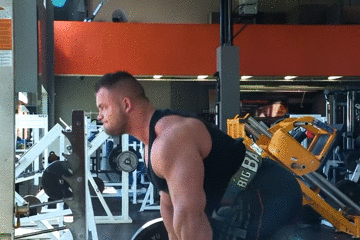
there is no saying that one movement is better than the other, it is up to you to arrange one workout accordingly to your weaknesses and strengths to compensate for your weaknesses and make them as small as possible. If the movement helps you to narrow down your weaknesses, then that movement is a good one, so try to complete different movements according to your current situation.
Of course, the movement must have a correct force and complete contraction on the correct trajectory, this is a major premise, and then the overall intensity of our training to arrange the number of sets, reps, including an overall training rhythm.
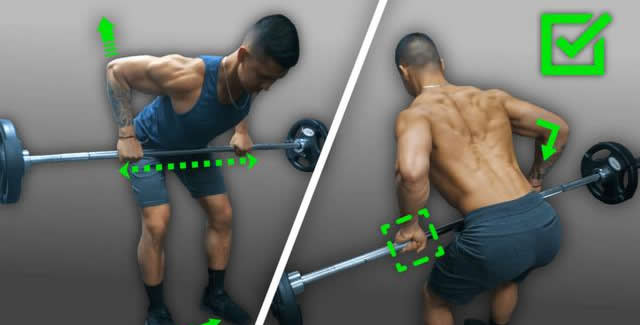
pull-ups
pull-ups train the main muscles such as the latissimus dorsi and the biceps, build strength and endurance in the upper body, strengthen the trunk and core and help other muscles, even forcing the gluteus maximus to be stimulated.
Don't make these common pull-up problems
here are our common problems, stemming from little ones who are too eager to pull-ups to do them perfectly
1., hunchback: The reason, mobilising the whole body muscles to do the movement, except the latissimus dorsi.
2., bouncing: The little ones will use bouncing to lend their strength to complete the movement, a bad habit encountered in the gym by many fitness enthusiasts. This is not a wise method unless you are training crossfit.
3., not lowering your body enough: If you don't do the full length of the movement, it doesn't count as doing pull-ups, and the effect is greatly diminished if you do half.
4., it's just too hard: If you never know how to train hard, these training tips can help you. But if you don't do anything then you can't improve.
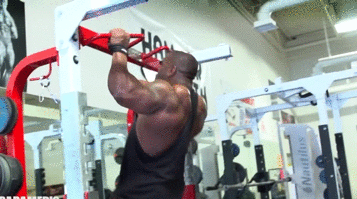
how to do a good pull-up? All you need to do is.
1. Get into a pull-up position with your body hanging freely under the bar
2. Using your shoulder blades to generate force, tighten and squeeze them together, arch your back slightly and raise your body upwards a few centimetres.
3. Pause for a second at the highest point of the movement and slowly lower your body under tension.
4. Complete 5-6 sets of 6-15 reps, doing each set to exhaustion if you are able.
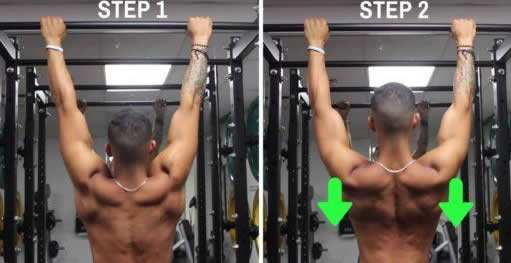
barbell rowing
muscular exercises for the barbell row
when we practice barbell rowing, we first need to know what muscles the movement works and its advantages. This way we can use the movement to its maximum advantage when we exercise. If you want to know which muscles are moving during the dip row, we will tell you the primary and secondary muscles corresponding to those involved in doing the work.
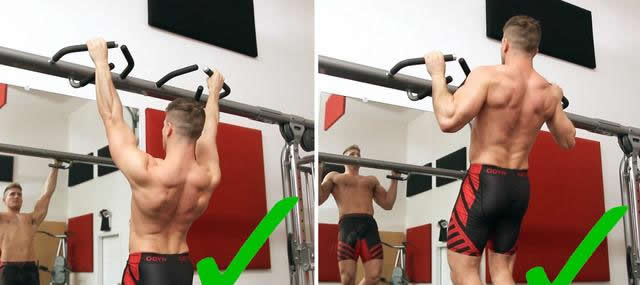
active muscle groups.
Latissimus dorsi
rhomboids
erector spinae
oblique muscles.
Auxiliary muscles.
Posterior deltoid
biceps/forearm
core muscles
hamstrings/gluteus maximus
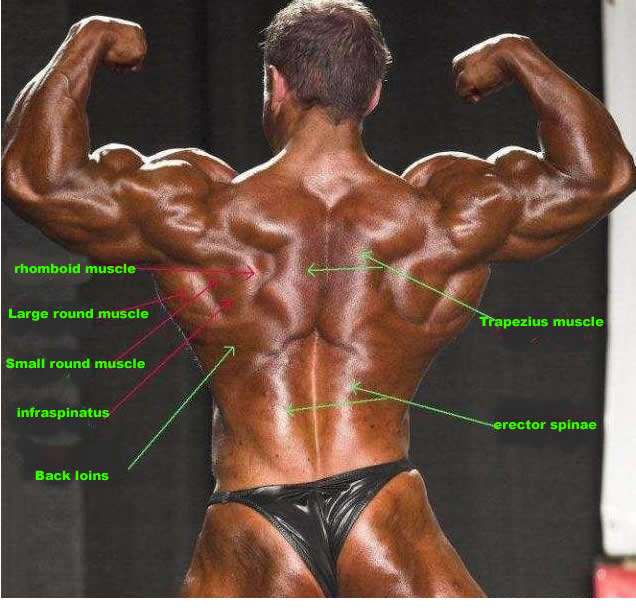
benefits of the prone barbell row
1. Builds muscle and strength
why do we use the overhead row as part of our back workout? The obvious answer is to build strength and muscle. This movement has been used effectively by bodybuilders for decades and is a great back compound.
The overhead barbell row is a compound exercise where you can pull up a considerable amount of weight. Aside from the hard pull, it is a training movement that targets the muscles of the back and carries a larger load. Allowing for more muscle contraction and targeting certain muscles in different ways, the overhead barbell row stimulates the muscles of the lower and upper back in a large and more effective way, and is the reason why the love for the barbell row among fitness enthusiasts has continued to grow.
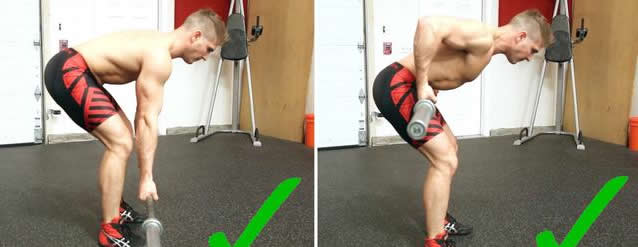
2. Spine and postural stability
we need muscular stability when we do exercise and when tightening the core muscles, by stabilising the thighs and lower back, the strengthened stability of the barbell rowing allows you to gain an effective spinal and postural advantage. A strengthened core is healthy for the spine in addition to improving posture, and it also allows you to breathe more naturally and train more comfortably.
A weak core leads to discomfort in the lower back, which is a common problem for many of our partners. Practicing the prone barbell row correctly will save you from even more discomfort by strengthening your core.
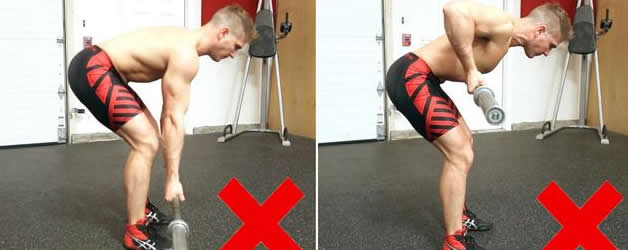
pull-ups and barbell rows are both very effective movements for the back and it is also recommended that little ones add them to their training programme, they are a very effective exercise so there is nothing more to say. Always be prepared before moving on to the next deadlift, as there are risks associated with any movement. However, it is well worth learning if maximum muscle and strength is desired. It's amazing how pull-ups and barbell rowing can work so many muscles, that's how compound exercises work.

